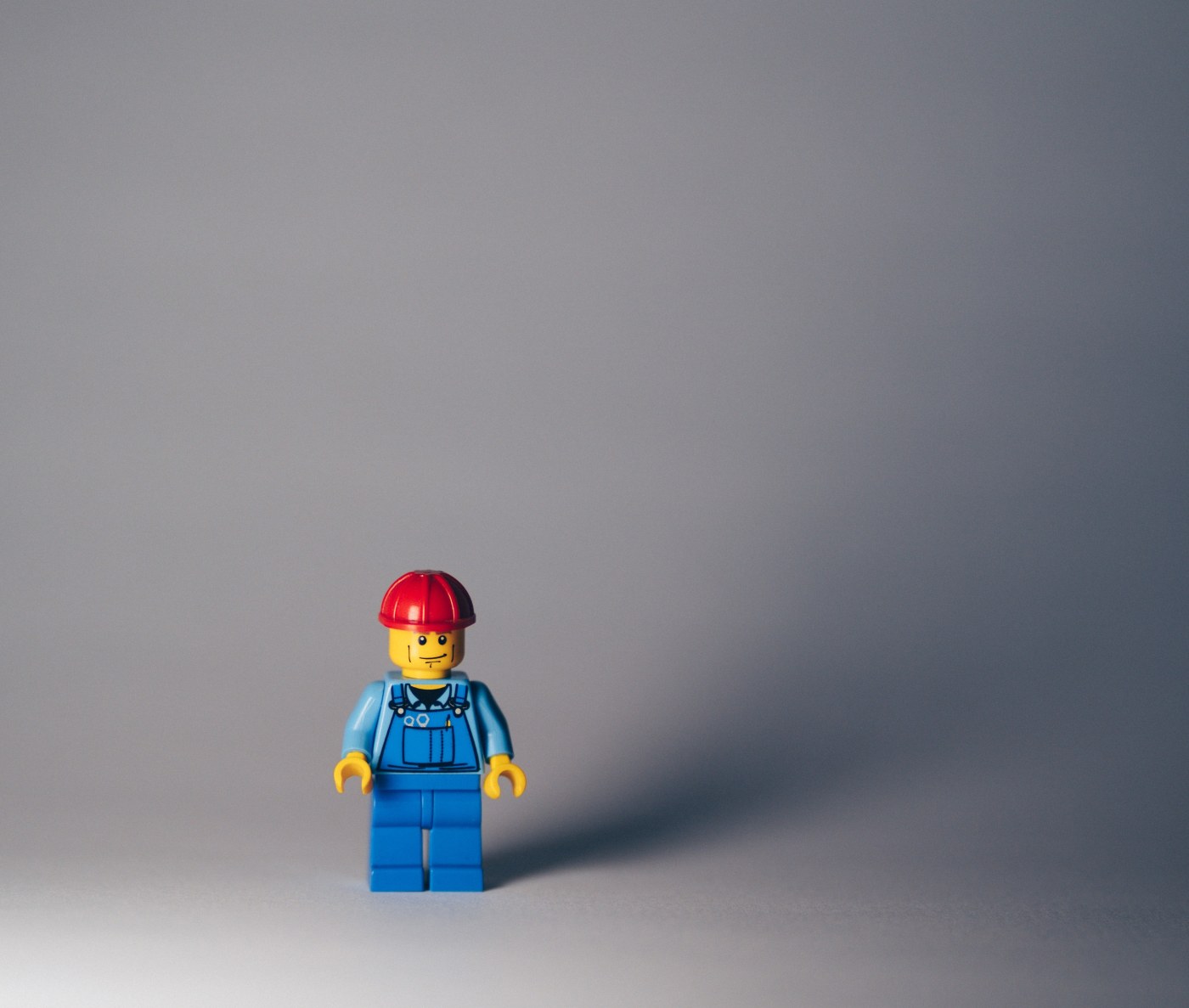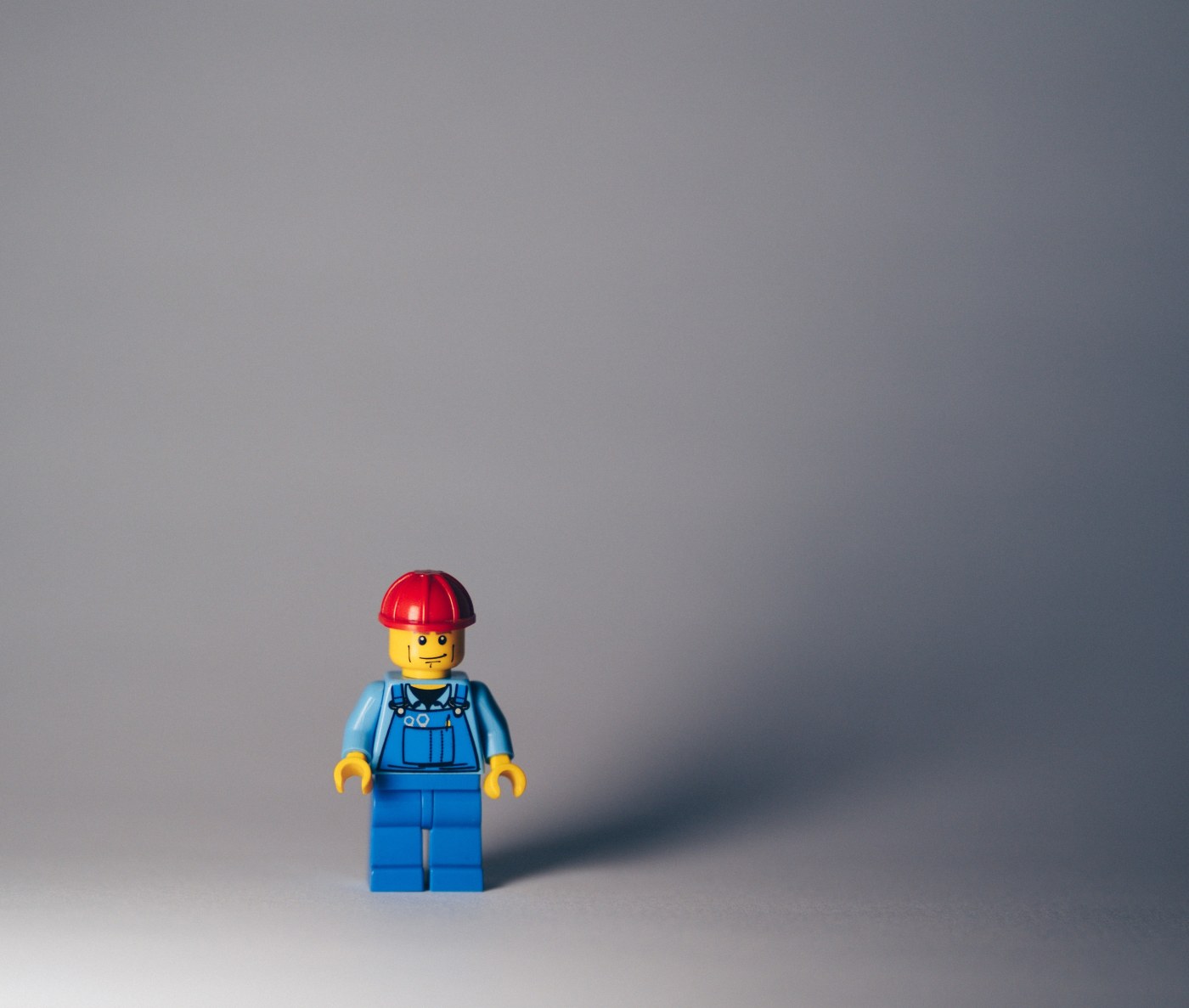
Embarrassment for Ed proves housing is still the biggest political prize in Britain
Sir Ed Davey was given a bloody nose yesterday by his own party members. Having used the unusual opportunity for media coverage to float his plan to abandon a national housebuilding target, he found what previous Lib Dem leaders have: that the party continues to be a genuine internal democracy, with all the risks that involves.
It was the Young Liberals, the youth wing of the party, who were behind an overwhelming vote to ignore the leadership’s motion in favour of an amendment that retains an annual target of 380,000 new homes.
Despite impassioned speeches, including one extraordinary intervention from former leader Tim Farron – who called the amendment ‘Thatcherite’, an insult that resulted in loud boos from the audience – the target was so clearly carried that a vote count was not required.

The defeat for Davey is mostly notional. The Lib Dems remain set on a narrow electoral strategy built on appealing to ‘soft Tories’ in winnable seats across the south east and south west. Recent by-elections have been won partly on the basis of providing as few reasons as possible for disgruntled conservatives to lend their votes.
The removal of the housebuilding target was unsurprisingly seen by younger members of the party as part of this strategy. As the London Lib Dem mayoral candidate, Rob Blackie, put it: ‘no one ever removed a target to do more of something’.
There is a belief in parts of the political media that Davey’s struggles can be ascribed to his personal involvement in the coalition government. In fact, Davey’s own ministerial track record is a point of pride; it is much more an existential hangover from the coalition that many Lib Dem members increasingly suffer from.
Davey represents a strand of opinion within the party that is characterised by caution and suspicious of bold stances. The memory of government, rather than the reality of opposition, has been at the heart of the party’s refusal to refresh its identity – despite eight years in the wilderness. For a party infamous for Glee Club and dubious discos, the decision to stand still is striking.
In broader political terms, the housing debate is uncannily similar to those shaping up in other major parties. Every party is aiming to attract a similar set of voters – the Conservatives because they are fearful of losing their heartlands; Labour and Lib Dems because they both recognise that removing the large Conservative majority depends on persuading swing voters more than getting their own vote out.
Davey fell foul of a demographic shift that is likely to become even more important over the coming electoral cycles. Young people are asking who is willing to stand up for their interests. In that light, solving the housing crisis, described by one Lib Dem speaker as ‘an emergency’, is perhaps the biggest political prize left on the table – especially if the Conservatives continue down their anti-green, anti-“woke” road.
Senior policy advisers in both Labour and the Conservatives, regardless of their general feelings about the Lib Dems, may have observed the vote with something approaching sympathy. They are likely to face similar fights in the coming weeks, months and years.